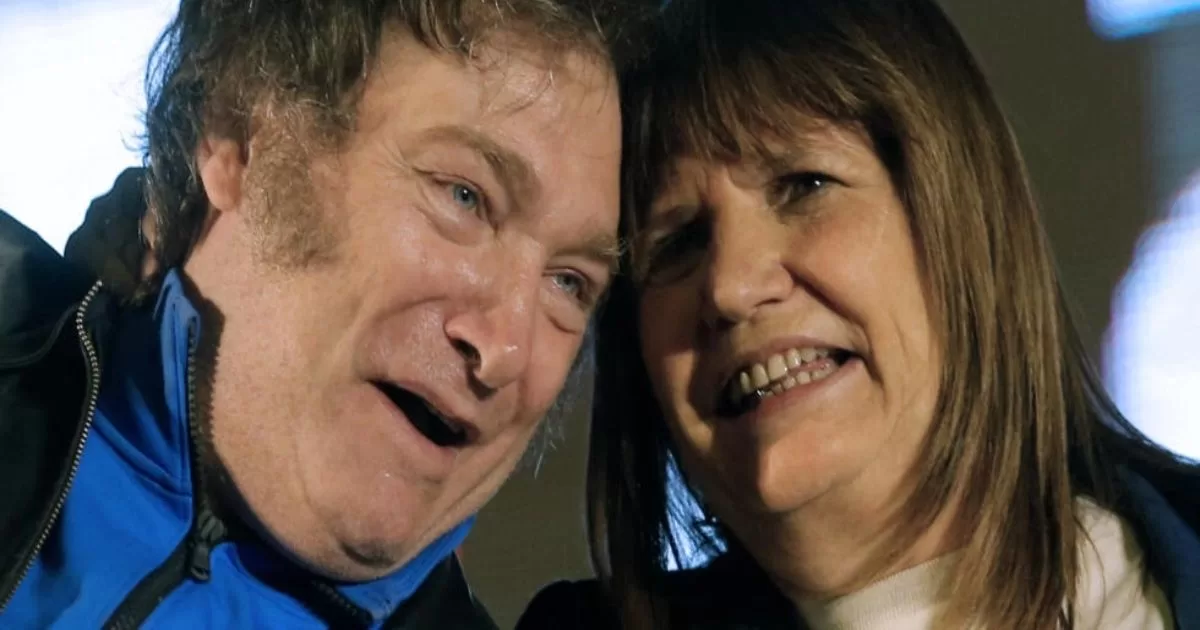The longer the war lasts, the more Ukraine’s oligarchs disappear from the radar of public attention. They formed the core of the political system from the beginning of the 1990s until the outbreak of the war. But for a year now the country has had to fight a deadly threat – and it doesn’t come from the super-rich of their own country. These are currently busy trying to save themselves and their assets. This can be shown in four cases.
President Volodymyr Zelenskyy cannot take his eyes off the oligarchs. He knows that if he wants to anchor Ukraine in Western institutions, then he must simultaneously fight against Russian aggression and against the oligarchs at home. This is obviously also the aim of the signal that he gave before the recent joint summit with the European Union.
In the past week, investigators searched the offices of Ihor Kolomoyskyi’s companies. Before the start of the war, he was considered one of the most powerful super-rich. Perhaps he was even the most powerful, having long controlled a significant portion of the country’s financial flows through his private bank.
The man who controlled the flow of money
Kolomoyskyi also supervised the oil company “Ukrnafta”, in which the state holds the majority of shares. He always had “his people” in the Rada, the parliament in Kyiv. In short: The “law on the oligarchs”, which Zelenskyj brought through parliament in autumn 2021, fitted Kolomoyskyj perfectly.
It defines an oligarch as someone who combines vast wealth with influence over politics and the media. Such Ukrainians should be recorded in a “register”. This has not yet been created, although Prime Minister Denys Shmygal has repeatedly assured that feverish work is being done on it.
Attempts to oust Kolomoykyj have been going on for years. Nevertheless, the action is remarkable, because for a long time it was said that Volodymyr Zelenskyi owed his presidency to him.
The fact is: Kolomoyskyj’s TV channels gave the actor his great popularity primarily with the series “Servants of the People”. The billionaire is also said to have invested a lot in Zelenskyj’s election campaign. But the president has always dismissed suspicions that he was a puppet of the billionaire.
In the sights of the US judiciary
Kolomoyskyj, who will be 60 in mid-February, is said to be spending the war at a ski resort in Bukovel in the west of the country. There he has to reckon with the fact that the authorities in Kyiv will at some point grant an extradition request from the US judiciary. He is accused of having quickly withdrawn 5.5 billion US dollars from its branches in the USA immediately before the nationalization of his private bank in 2016.
Dmytro Firtash is also threatened with extradition to the United States, and that as early as 2014. US prosecutors accuse him of plotting years ago to bribe Indian politicians and thus obtain titanium. That in turn should have been delivered to the aircraft manufacturer Boeing. The deal never materialized.
The 61-year-old has been managing his company empire from his exile in Vienna since 2014 using video conferences. The conglomerate DF Group trades in gas, manufactures mineral fertilizers, operates iron foundries and steelworks and is active in agriculture. The company employed around 110,000 people before the start of the war. The government in Kyiv is currently making another attempt to expropriate Firtash’s ownership of the Ukraine gas networks.
The richest oligarch in Ukraine, Rinat Akhmetov, lost most of his vast fortune in the war. The Russian army reduced Mariupol to rubble, where, in addition to “Azovstal”, there was another large metallurgical plant in which Akhmetov was the main shareholder. In addition, before the war, he controlled about half of the country’s energy supply system.

Shortly after the beginning of the war, Akhmetov is said to have fled abroad. He now presents himself as a patriot. Akhmetov said he was proud that the Mariupol defenders had resisted for so long. He wants to sue Russia for reparations.
Akhmetov may even no longer be subject to the oligarch law. He has sold his media holdings and apparently also stopped his “donations” to MPs, Ukrainian sources report.
Viktor Medvedchuk is now in Russia. After a few months in prison, he was exchanged for a group of Ukrainian prisoners of war in September last year on the orders of the Kremlin.
Medvechuk was President Vladimir Putin’s closest confidante in Kyiv. The Russian President is the godfather of his daughter. One of the oddities of Ukrainian democracy is that the oligarch has been on Western sanctions lists since 2014.
In his homeland, however, he was able to pursue openly pro-Russian politics as an opposition leader and Russian propaganda as a media entrepreneur. In the meantime, the Kremlin has apparently given him the role of governor in a defeated Ukraine – or at least in the occupied territories.
He recently appeared in the pro-Kremlin Moscow newspaper Izvestia with an essay on his vision of Ukraine’s future. He is apparently tinkering with a government-in-exile that could recognize Putin as a partner for “peace negotiations.”
To home page

